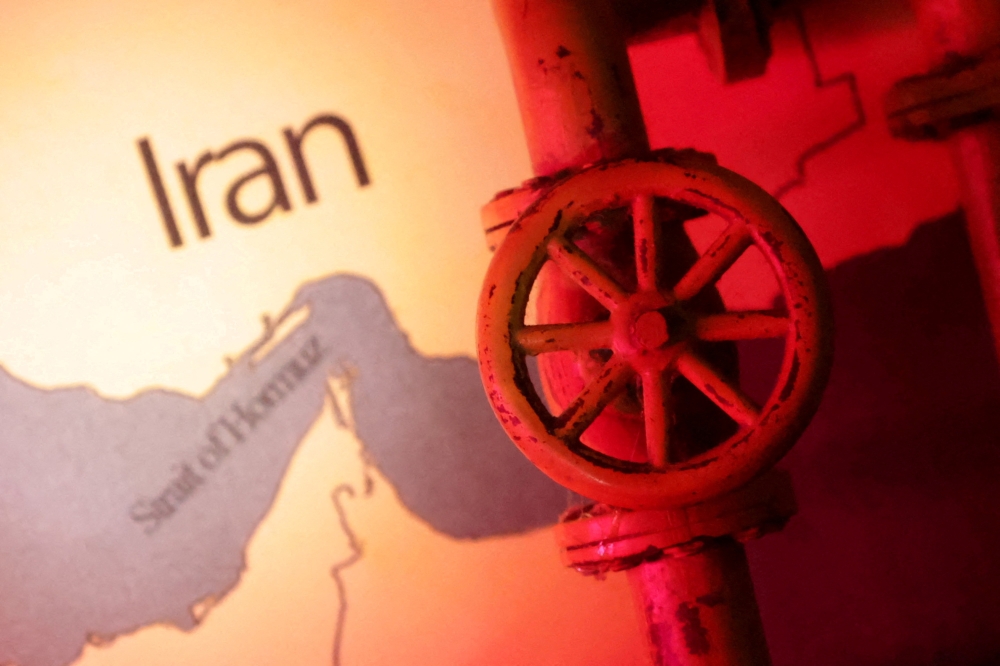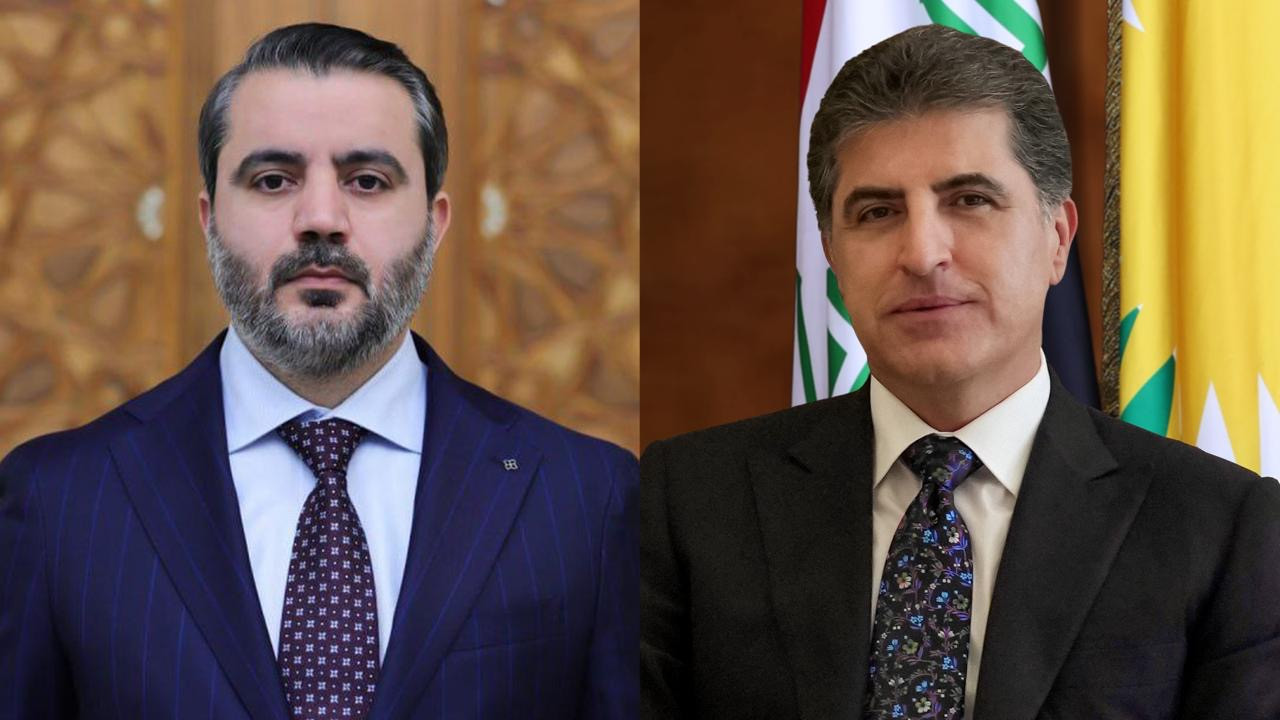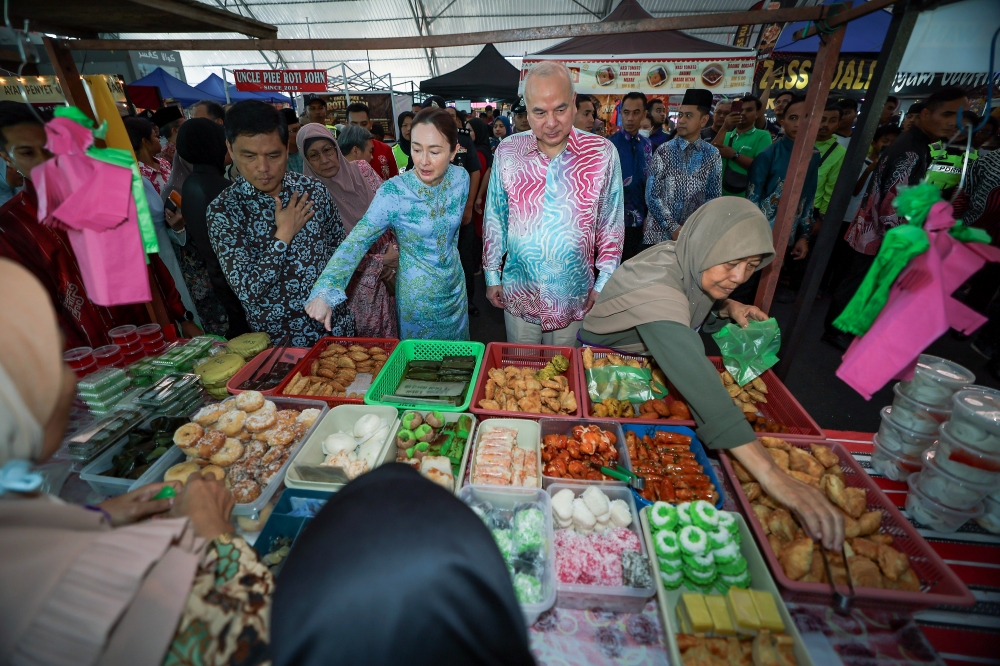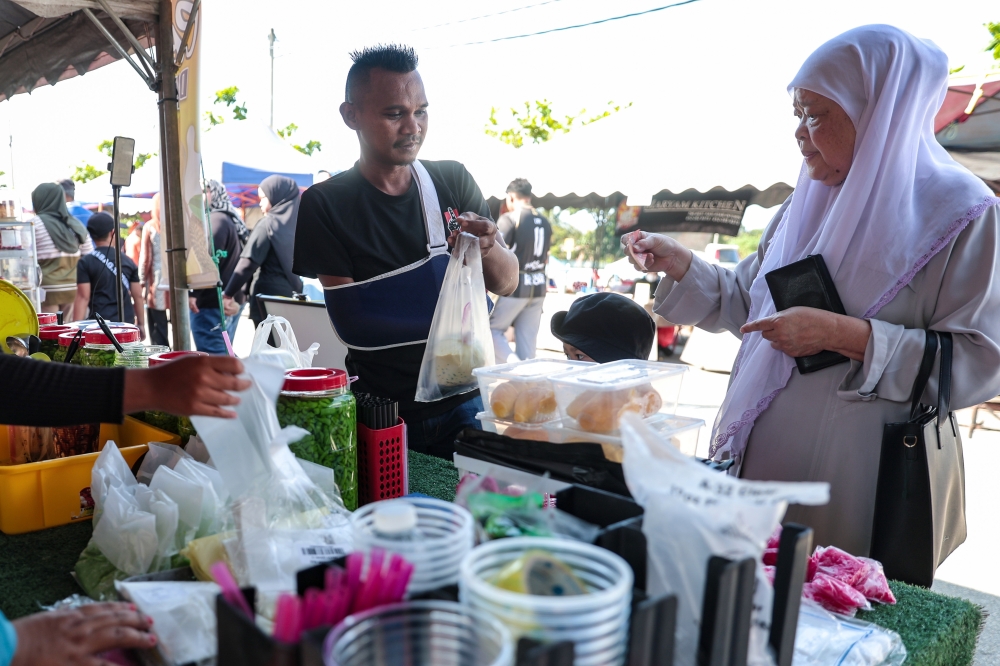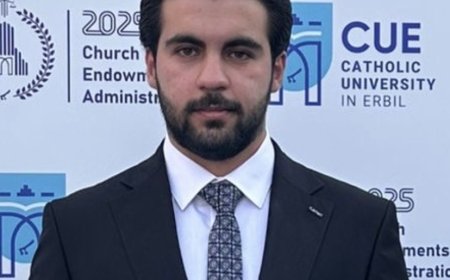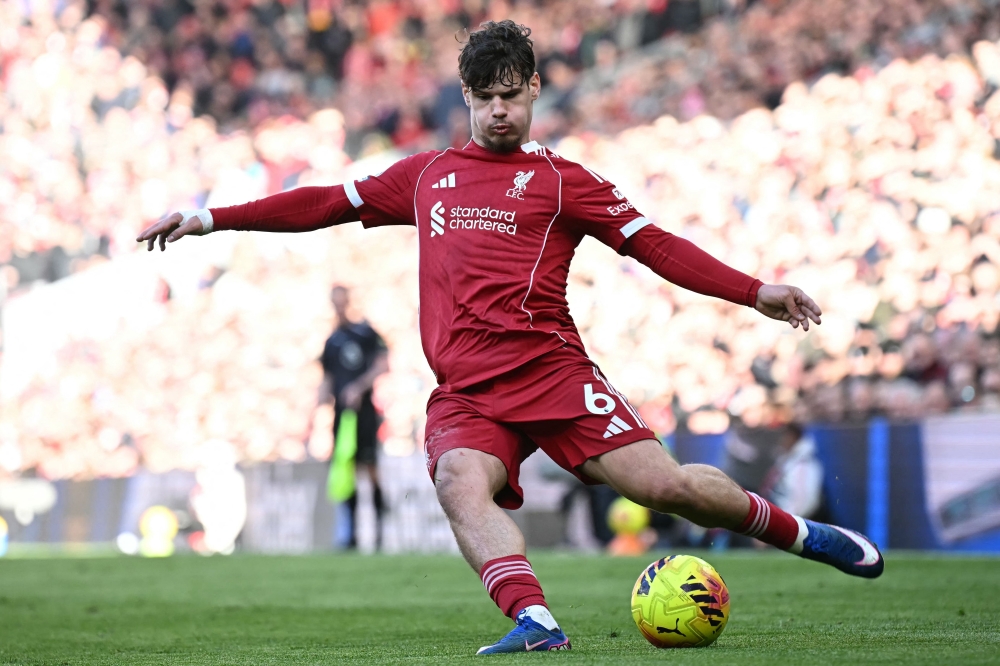National Gallery accused of discriminating against private schools
Museum’s £240 competition fee for independent schools ‘reinforces harmful stereotypes’, critics say

The National Gallery has been accused of discrimination after imposing a £240 fee for private schools who enter pupils into its art competition.
The museum does not charge an entry fee for state schools – and instead hands out £50 to new applicants to spend on art materials and books.
Critics lambasted the gallery’s “misguided” charge and said that schooling was a crude method to measure privilege.
A 2021 study by University College London found that among the wealthiest 5pc of families in Britain, 85pc do not send their children to private schools.
Nigel Huddleston, the shadow culture secretary, said it was “deeply disappointing” to learn the National Gallery was “reinforcing harmful stereotypes”.
He told The Telegraph: “Art is an expression that should break down barriers, not create them. To charge private school students to enter this competition is not only misguided but profoundly naive.
“Publicly funded institutions have a responsibility to represent and serve the whole public. They must urgently review this short-sighted decision.”
The National Gallery, founded in 1824, is home to more than 2,300 paintings dating from the mid-13th century to 1900.
Its current director, Sir Gabriele Finaldi, attended Dulwich College in south London, which charges up to £64,266 a year for boarding pupils.
The gallery’s Articulation Prize involves more than 1,000 pupils aged between 16 and 19 taking part in a competition where they must give a 10-minute presentation about a work of art.
Winners are awarded up to £300 and join an alumni network which offers work experience opportunities as well as further public speaking practice and training.
The National Gallery took over the competition from Roche Court Educational Trust, an arts charity, in 2022. It then increased the entrance fee for private schools from £100 to £200. This year it has increased the charge to £240.
The Telegraph previously uncovered that the National Theatre and Royal Shakespeare Company charge up to 60pc more for private school pupils to attend its performances.
This is despite more than a third of private school pupils receiving financial support with their fees, according to the Independent Schools Council 2025 census.
A spokesman for Education Not Taxation, which includes more than 25,000 private school parents, called on the National Gallery to reverse the policy.
He said: “We are disappointed to learn that the National Gallery discriminates against independent school children, reducing access to the arts when they should instead bring children together.
“Expression through the arts is a fundamental part of who we are as human beings and the ability to communicate today and through the generations. All children should have an opportunity to participate in the Articulation Prize.”
The Telegraph has separately learned that the National Portrait Gallery runs a “structured” work experience programme twice a year – but specifies it is only open to state school pupils. However, a spokesman added it was reviewing its practices with the “aim of opening opportunities up to as many students as possible”.
The Bank of England Museum has also blocked private school pupils from attending its education presentations.
The Bank said that, while all pupils could visit its museum, it could only offer its free 45-minute presentations to state school groups because of its “limited resources”.
A spokesman said: “Economics as an academic subject is less widely taught in non-selective state schools than independent schools. To put this into context, about half of comprehensive schools offer economics at A Level compared to about three-quarters of independent schools.”
A spokesman for the National Gallery said: “The fee structure for participation, which is charged per school, not per pupil, is designed to ensure as broad a range of young people as possible can take part in the programme, particularly those who have limited access to public speaking opportunities.
“As of 2025, 40pc of schools will be participating from the independent sector and 60pc from the state sector. The National Gallery continues to be committed to opening opportunities to all children and young people regardless of their background.”
[Source: Daily Telegraph]

